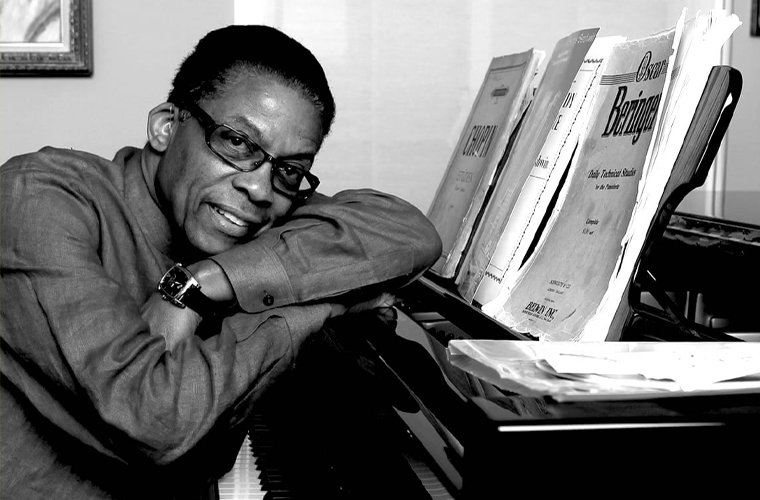Herbie Hancock is a legendary American jazz pianist, keyboardist, composer, and bandleader, whose influence on the world of music spans decades and genres. Born on April 12, 1940, in Chicago, Illinois, Hancock’s musical journey began at a young age, ultimately leading him to become one of the most influential and innovative jazz musicians of the 20th century. Hancock’s early musical talent was evident from the age of seven when he first began playing the piano. His prodigious abilities led to his acceptance into the Chicago College of Music at the tender age of 11, where he delved into the world of classical music. However, it was during his formative years that Hancock’s passion for jazz was ignited, ultimately becoming his primary musical interest.
In the early 1960s, Hancock made the pivotal move to New York City, where he joined the Miles Davis Quintet. This period marked a significant turning point in Hancock’s career, as he collaborated with legendary musicians such as Ron Carter, Wayne Shorter, and Tony Williams. It was during this time that Hancock began to experiment with new sounds and techniques, including the use of electronic keyboards, laying the groundwork for his future groundbreaking work in jazz–funk and electronic music.
The late 1960s and early 1970s saw Hancock emerge as a pioneer in jazz–funk, seamlessly blending jazz improvisation with funk rhythms and electronic instruments. His seminal album “Head Hunters” (1973) not only became one of the best-selling jazz albums of all time but also featured the hit single “Chameleon,” solidifying Hancock’s status as a musical innovator. Throughout his career, Hancock continued to push the boundaries of music, incorporating elements of hip-hop, world music, and electronic dance music into his repertoire. Hancock’s musical prowess extended beyond the confines of jazz, as he collaborated with a diverse array of musicians from various genres. From working with iconic artists such as Joni Mitchell, Stevie Wonder, and Santana, to receiving accolades such as 14 Grammy Awards and an Academy Award for the score of the film “Round Midnight,” Hancock’s contributions to the global musical landscape are immeasurable. His induction into the Rock and Roll Hall of Fame further solidifies his status as a cultural icon.
Beyond his musical accomplishments, Hancock has been a vocal advocate for social and environmental causes. His support for organizations such as the Thelonious Monk Institute of Jazz, which promotes jazz education, and the Rainforest Foundation, dedicated to protecting the rainforest and indigenous peoples, underscores his commitment to using his platform for positive change. Herbie Hancock’s impact on music is undeniable. His pioneering spirit and fearless exploration of new musical frontiers have left an indelible mark on the industry. Countless musicians have been inspired by his innovative approach, ensuring that his legacy will continue to shape the future of music for generations to come.
Herbie Hancock stands as a true musical genius whose contributions have transcended genre boundaries and captivated audiences worldwide. His unwavering dedication to artistic exploration and social advocacy cements his status as a cultural icon. As we reflect on his remarkable journey, it is evident that Herbie Hancock’s influence will resonate for years to come, shaping the very fabric of musical expression.

